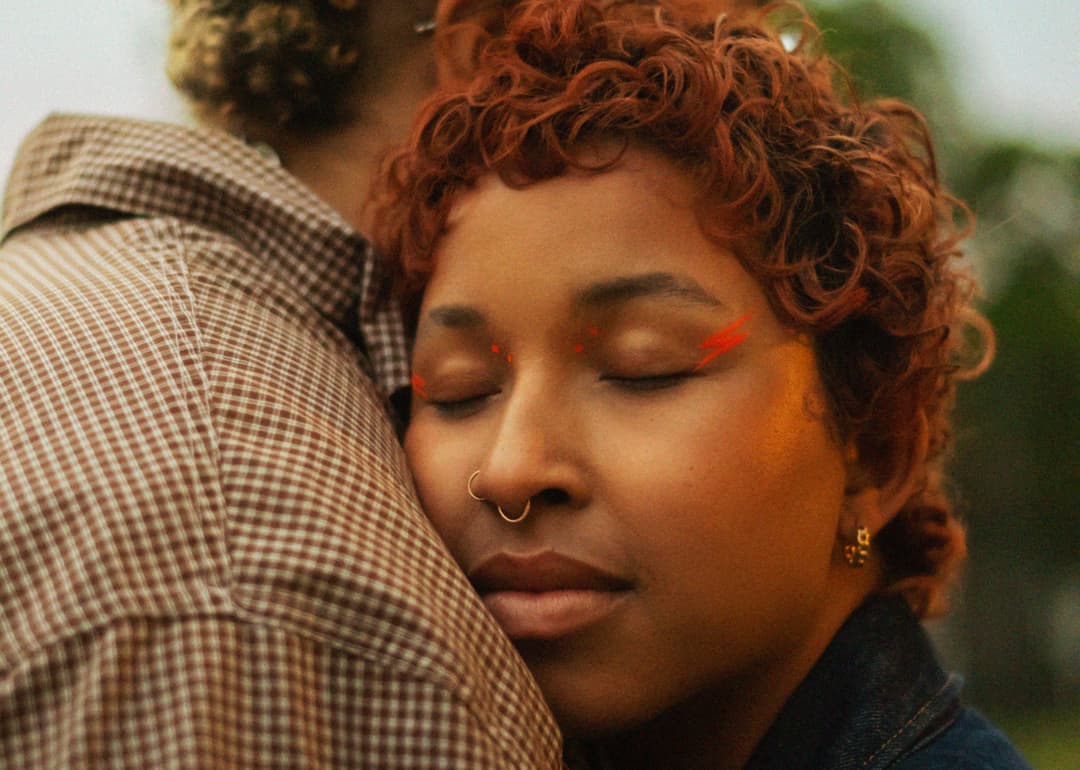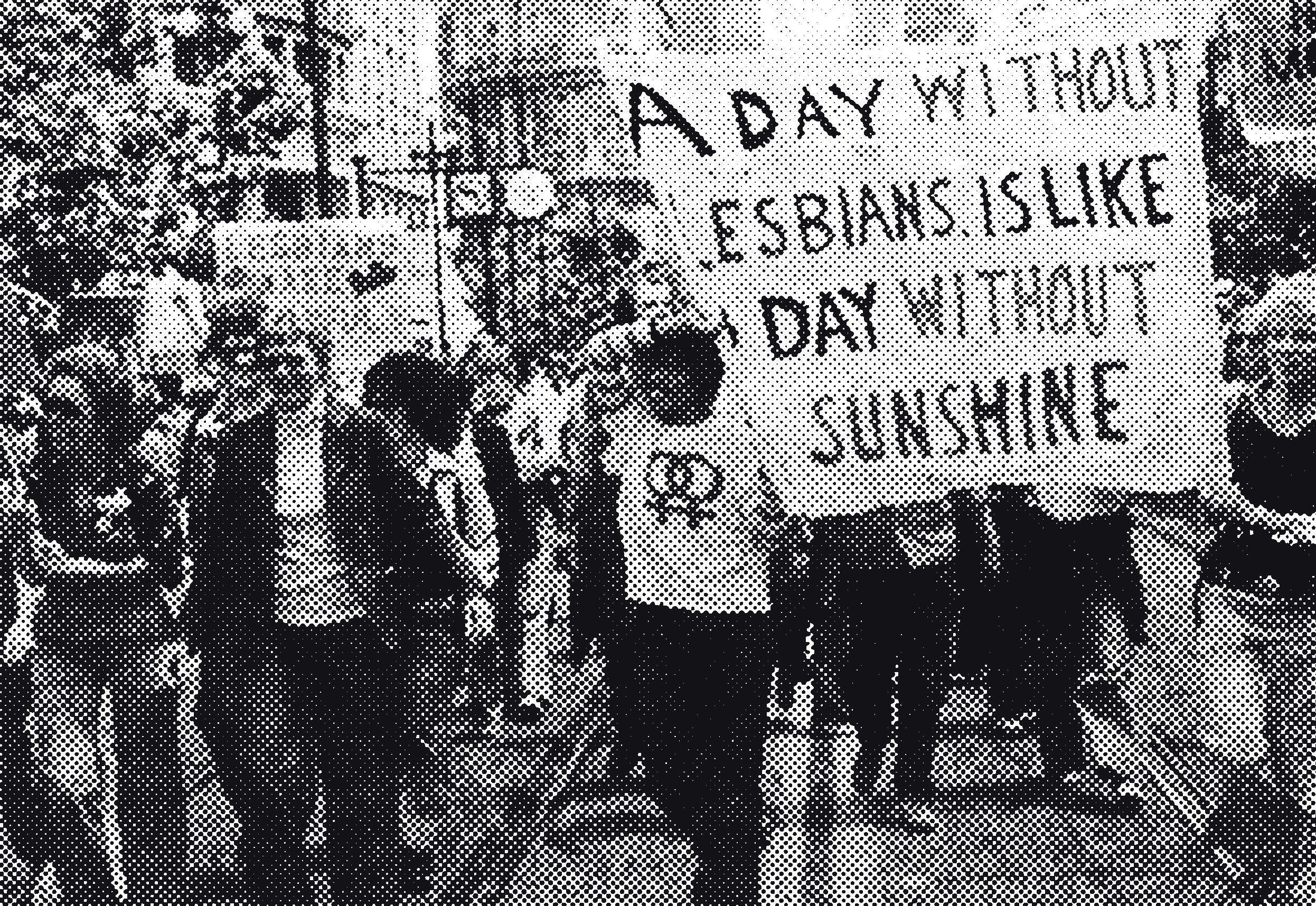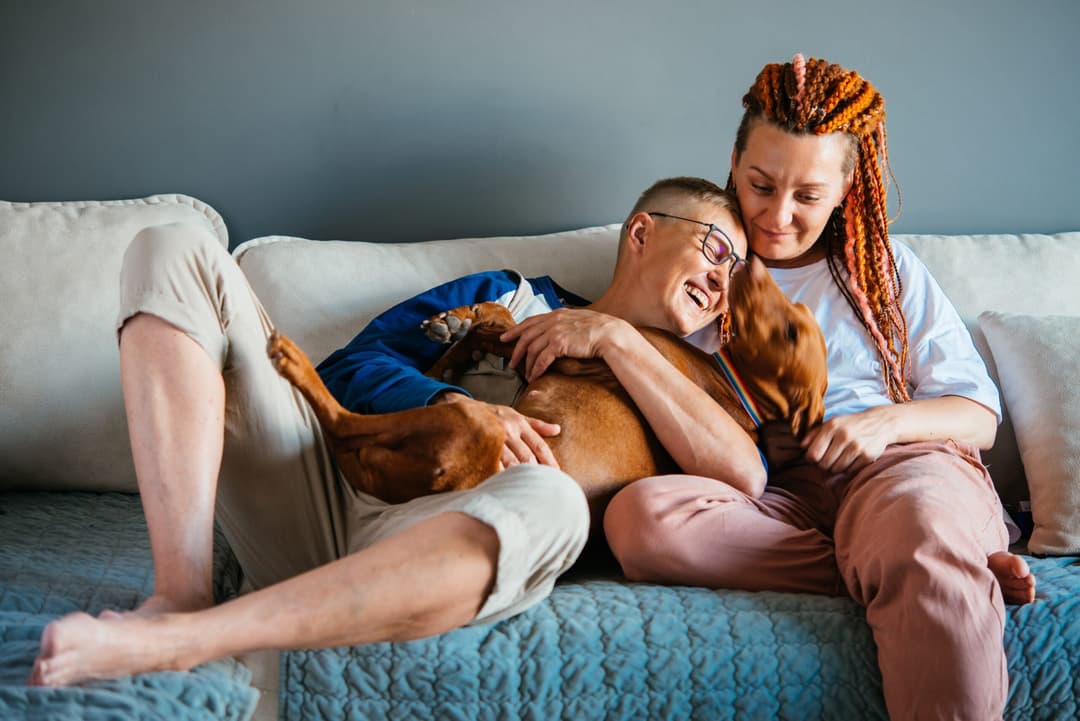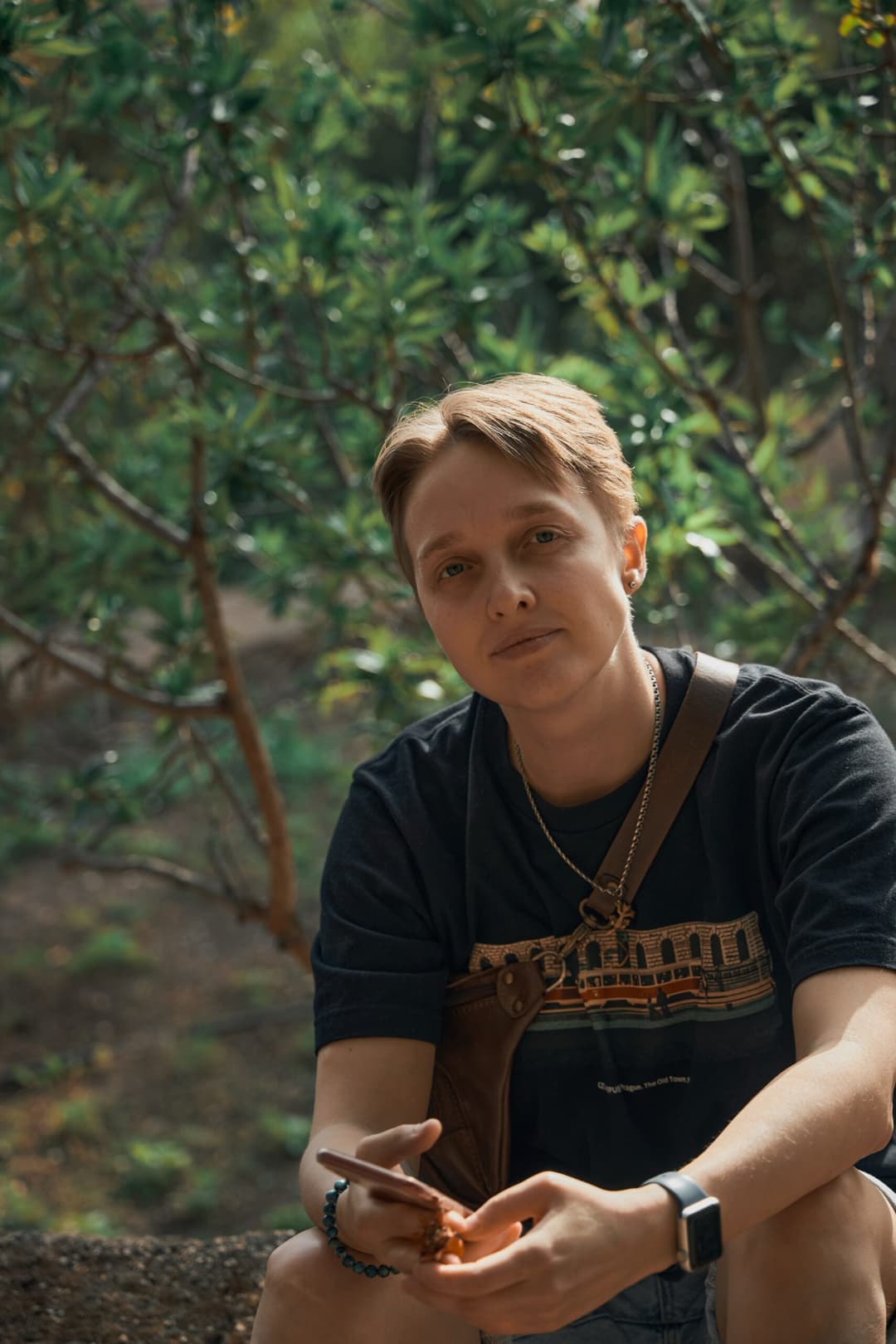Finding a Queer-Friendly Therapist
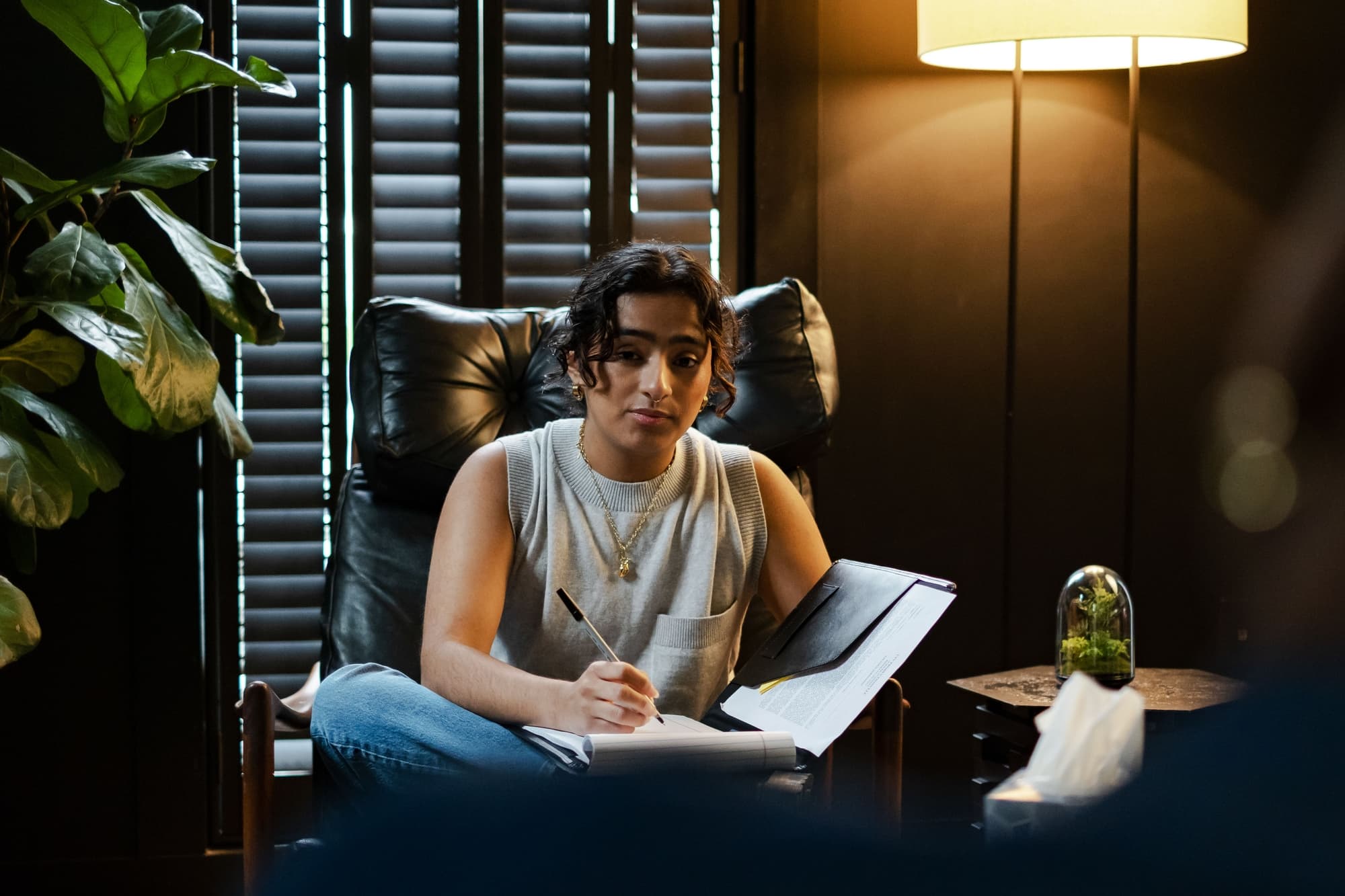
It might take time (and a few awkward first sessions) to find the right fit, but a queer-friendly therapist is worth it.
A good therapy relationship needs trust and collaboration. For a lot of us, that means working with someone who understands how sexuality, gender, culture, and relationships shape our mental health. You shouldn’t have to spend half your session explaining what it means to come out.
And no — your therapist doesn’t have to be queer themselves. But it does help when they understand language and realities of queer lives.
Things to think about
These are some things to mull over to help work out what your biggest priorities are. They’re also some good talking points to bring up in a trial session!
Cultural background
It can be a huge relief to talk to someone who gets where you’re coming from — culturally, socially, and emotionally. They’ll probably have a better understanding of things like family expectations, confidentiality, or how your cultural identity intersects with your queerness.
Accessibility
If you’re disabled, neurodivergent, or living with chronic illness, you might want to prioritise someone who has real experience supporting clients with similar needs – and a clinic that can cater for your access needs.
Gender
You might prefer a therapist of a particular gender — or you might just want to know they’ll respect your pronouns and understand the barriers, joys and complexities that queer women, trans, and gender-diverse people face.
Location & delivery
Would you rather be face-to-face or online? For regional folks or anyone who feels safer opening up at a distance, telehealth can be a lifesaver. But if home isn’t private, in-person might be better.
Cost
Therapy isn’t cheap, but there are options. Some therapists bulk bill, offer sliding-scale rates, or work under community programs. If you have a mental health plan, Medicare covers up to 10 sessions per year. Some LGBTQ+ organisations also provide low-cost or free counselling.
Specialisations
Think about what you actually want help with — anxiety, trauma, sexuality, relationships, or family stuff. Therapists have different approaches (like CBT or narrative therapy), and the right fit can make all the difference.

Where to Start Looking
Ask your mates
If you feel comfortable, chat to friends or community groups about who they’ve seen. Real feedback from other queers helps you know whether someone is legit — not just rainbow-washing their website.
Ask your GP.
If you’ve got a queer-friendly doctor, they probably have a network of trusted therapists. They can refer you to someone who understands both mental health and queer identity.
Search online.
Websites like the Australian Psychological Society, Psychology Today, and PACFA let you filter by location, cost, delivery method, and specialisation. Queer Facebook groups and forums are also full of solid recommendations (and the occasional warning).
Have a look at mental health and LGBTIQ+ community organisations
• QLife (national)
• LGBTIQ+ Health Australia (national)
• Beyond Blue (national)
• ReachOut (national)
Be Open to Trying a Few
The first therapist you see might not be your person — and that’s totally normal. Most therapists expect a trial session or two, where you can ask questions about their approach, experience, and how they work with LGBTQ+ clients.
Therapy can be uncomfortable sometimes, but it should never feel unsafe. Still, there are some clear signs that it might be time to look for someone else:
-
The therapist dominates the conversation
-
You don’t feel heard or understood
-
You often need to repeat information they should remember
-
They ask very few questions
-
You leave sessions feeling judged, shamed, or dismissed
-
You don’t feel safe or able to trust them
-
They push moral or religious beliefs onto you
-
Your lived experience doesn’t seem to “land” with them
If any of these ring true, the therapist might not be right for you. It’s okay to let them know and speak with your doctor about options that might be a better match.
Remember: therapy is something you do with a therapist, not something that’s done to you.
At the end of the day, you deserve someone who respects your story, believes you, and walks beside you.
Where to
find support
Looking for someone to talk to?
Find peer groups, community organisations and referral pathways for LGBTIQ+ women and gender diverse people.
